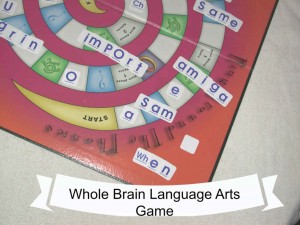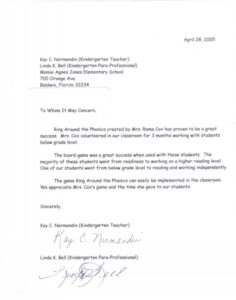help child read
If Your Child Has Trouble Reading But:
Is your child having trouble reading (struggle as a slow reader, difficulty blending the phonic sounds to form words, or is a poor speller? There can be many reasons that can cause children to have trouble with reading and spelling, such as hearing problems, and vision problems. However, as a professional tutor, I have found the most common cause is as follows:
Most Common in Poor Readers
Computer games teach several of the following phonic sounds incorrectly: B, C, D, G, H, J, K, (occasionally M), P, T, W. Computers add an u sound at the end of many of these letters to make them more audible to the listener. But this causes problems for some children. We do not say Hu-a-Pu-Y for happy, nor do we say Du-a-du-y for daddy. Think about how difficult it is to hear happy when pronouncing it as hu-a-pu-y. Most of the struggling readers I have helped were pronouncing one or more of these sounds incorrectly.
 For one child, it was simply the letter w. Because she was having trouble sounding out words with w in them, she concluded that something was wrong with her. It became a self-fulfilling prophesy. She freaked out every time she was asked to read from her early reader books… proclaiming, ” I can’t”. By using the game “Ring Around The Phonics“, I re-taught her the correct way to say the sound of the W, and also used the board to help her blend the sounds. Because games are [whole brain teaching]), stress was reduced, and she quickly learned.
For one child, it was simply the letter w. Because she was having trouble sounding out words with w in them, she concluded that something was wrong with her. It became a self-fulfilling prophesy. She freaked out every time she was asked to read from her early reader books… proclaiming, ” I can’t”. By using the game “Ring Around The Phonics“, I re-taught her the correct way to say the sound of the W, and also used the board to help her blend the sounds. Because games are [whole brain teaching]), stress was reduced, and she quickly learned.
However at first, the books still stopped her in her stacks. She still had trouble reading from books even though she could read any word placed on the board game. So once I was sure she knew the phonic sounds, and could read words placed on the board, we stopped playing the game and did as follows:
When she came to a word in the book that stressed her, I simply placed that same word on the board using the static cling letter cards provided. She could read it on the board, but not the book. So I kept pointing to the word on the board, and then to the same word in the book. I repeated this process until she finally realized she could read! She went from failing to top reader, and the teacher even said it improved her spelling. Following is a letter from her teacher:
So don’t underestimate the problems that phonic sounds learned incorrectly can cause. It does not effect all children. So if they have learned the phonic sounds incorrectly, and are not having trouble reading, don’t fix it. But for many children, it is important to get the basics right. Therefore we recommend you, the educator (not an electronic device), teach the phonic sounds so that you are sure they are learning the basics correctly. Click Here To Hear The Phonic Sounds (video format for adults). And remember that we are always here for you. Feel free to contact us.

